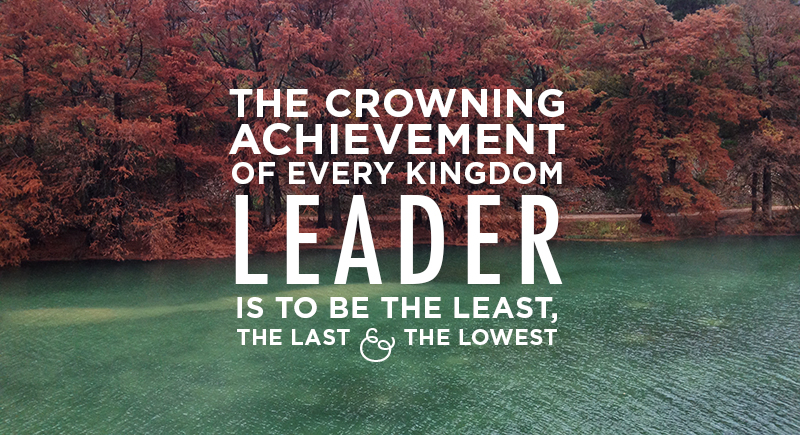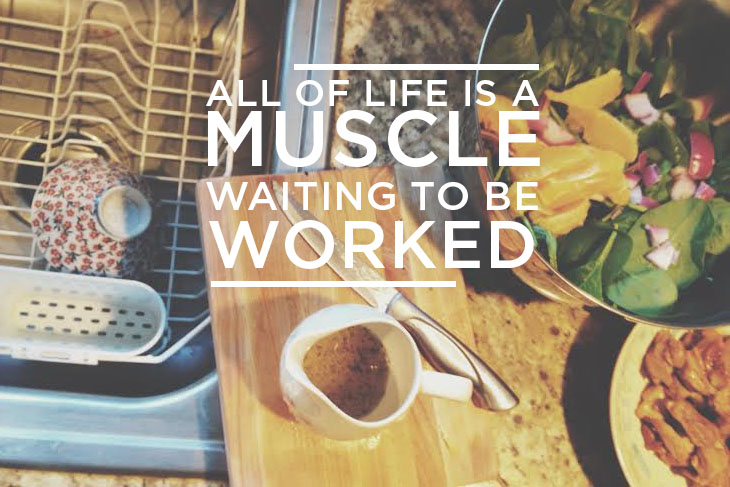My Church Has an Amazing Singles Ministry
I wanted to comment on something I wrote this past week on singleness. I got a bit of pushback on it and some of it was founded; I also received some concern that I was pushing against my own church's model of home groups since we don't have extraneous ministries apart from home groups. I love my church and agree strongly with our leadership that less is more, and that a focus on programatic within the local church can distract from mission. Some of my pastors have written a book on that which you can find here. However, when I look at the sheer amount of divorces or marital problems within the Church at large, I can't help but wonder if we could do better for our singles before marriage.
If the divorce rate is rising—or even plateaued, because even one divorce is too many in my opinion—shouldn't we do more to prevent marriages of unequally yoked, immature, or otherwise unwise individuals? Of course we can't micro-manage the unions of everyone, but a few? As many as possible?
I don't think singles ministry is the answer, so let that be said. I actually agree strongly that singles should not be segregated off to themselves, but should surround themselves with marriages from every point along the way. Walking with young and old couples is one of my great joys. I'm able to enter into their joys and mourning in a way I can't with my single friends. I'm able to pray for babies, for grandchildren, for discipline problems, for marriage difficulties, and they're able to pray with me through my single-specific trials. This is one of the beauties of the local church.
So if singles ministry isn't the answer, what is?
First a few observations:
1. Homegroups cannot be the means through which we expect marriages to be born. I am not saying that two singles can't meet, mingle, and marry within the context of a home group, I'm simply saying that by nature of the smallness of a small group, we can't expect the 2-5 possible singles who've put themselves there to find themselves face to face with their future spouse. It's certainly ideal, but not the norm.
2. Using an online dating service does bring a few success stories—praise God for them and pray for more of them—but as a whole there are more disadvantages to this than advantages. It takes a very wise believer to walk that path in a circumspect and godly way—and sadly many of our singles are spending more time crafting the perfect profile, responding to foolish inquiries, and dating aimlessly, than working on wisdom.
So about that answer?
First, do not be a parasite, sucking off the life of others, expecting your church to serve you in this area. They probably want to serve you here. It's not like your elders are sitting in a dark room scheming how to get more troubled marriages in their offices. They want godly marriages to happen and fortunately they've probably provided the perfect vehicle for singles to meet, mingle, and marry.
That vehicle? Ministry.
Within your local church—whatever its ministry model—there are things to be done. Trust me. I've worked for local churches and non-profits most of my adult life. If you can fold a piece of paper, sweep a room, hold a baby, pray for someone, you can serve. (If you're a Villager, go into Connection Central on your specific campus, and there will be a list of roles and needs you can fill.)
Here's why this is the singles ministry you've been longing for:
As you serve you will encounter those with shared visions, shared goals, & shared burdens. You will see work ethics, the heart of hospitality and mercy, the hands of service. You will not be distracted by perfectly crafted profiles or instagram images. You will see real people doing real things for their real God. You will see in motion the things we ought to value in marriages.
Your life of singleness will be richer, more full, more joyful. You will encounter someone's someday spouse. You will begin to systematically kill the little foxes. You will grow into what will be a better wife or husband. When you see all there is to do, you won't ever complain about a lack of ministry to singles again, trust me.
And you might just meet him or her.






